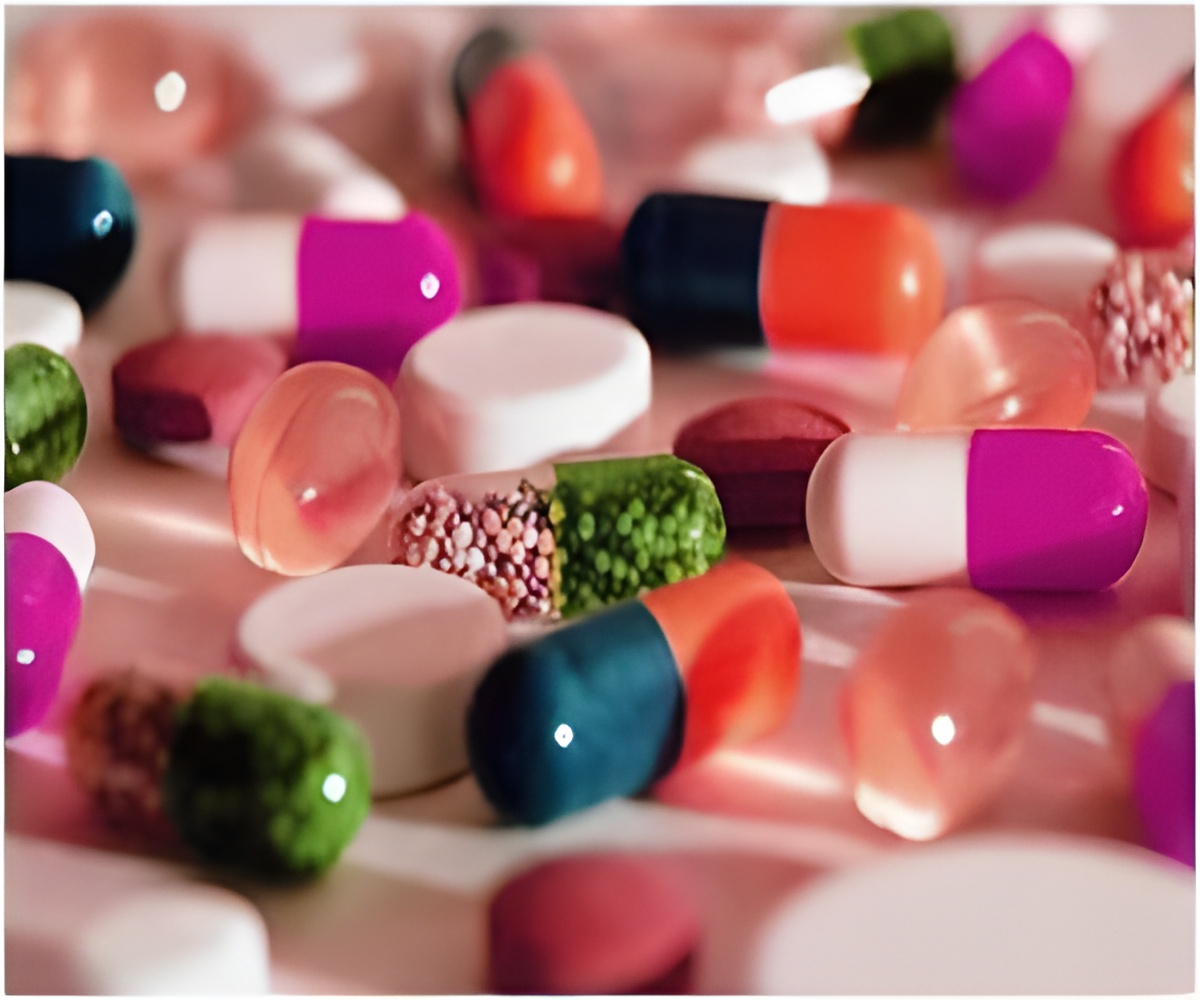India is a lifeline for medicines and it has been the leading example globally of the most effective use of TRIPS flexibilities.

"For millions of patients around the world, India is a lifeline for medicines. US pressure on India's generic manufacturing capacity has escalated alarmingly in the past few years, threatening the lives and health of millions in the developing world," said Shiba Phurailatpam, regional Co-ordinator of the Asia-Pacific Network of People living with HIV/AIDS.
The Sustainable Development Summit in New York will adopt 17 goals, including Goal 3 on health. Experts and activists warned targets of ending global pandemics and achieving universal health coverage require affordable, high-quality drugs -- the majority of which are produced in India.
In the joint statement they alleged that at the behest of the US pharmaceutical industry, the Obama administration has been actively pressuring the Indian government to give up its fully legal use of flexibilities in World Trade Organization's TRIPS Agreement -- and threatening trade sanctions if the Modi government refuses.
"India has been the leading example globally of the most effective use of TRIPS flexibilities," said Prof Brook Baker, senior Policy Analyst at the Health GAP.
"Over the next 15 years, the global community is setting ambitious goals to tackle communicable and non-communicable diseases. The experience of HIV has shown that getting 15 million on treatment by 2015 was achieved in large part thanks to generic competition and this is reflected in the SDGs," he said.
Source-Medindia
 MEDINDIA
MEDINDIA




 Email
Email




